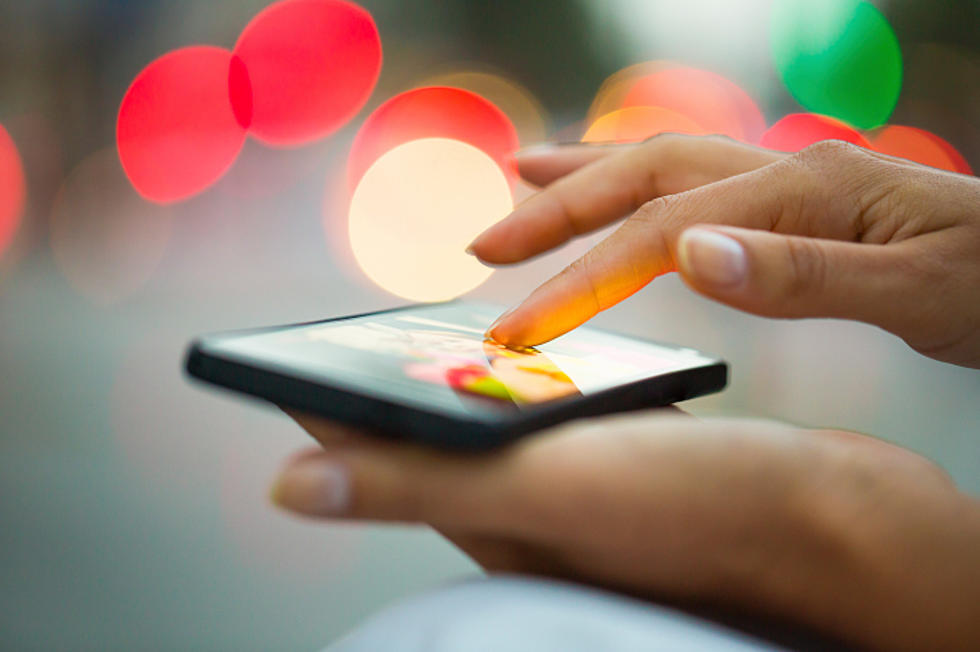
FBI Warning: Don’t Use Public Charging Stations To Juice Up Your Phone
You see them at airports, shopping malls, and even Western Missouri Medical Center has them. Public charging stations where you can recharge your phone. Recently, however, the FBI and the FCC have been warning folks that this may not be a really good idea.
The Federal Communications Commission goes into the practice of what they call "juice jacking" on their website:
"Cybersecurity experts have warned that criminals can load malware onto public USB charging stations to maliciously access electronic devices while they are being charged. Malware installed through a dirty USB port can lock a device or export personal data and passwords directly to the perpetrator. Criminals can use that information to access online accounts or sell it to other bad actors."
So what does the FCC recommend instead? They suggest:
- Using an AC Outlet instead of a USB-designed charging port when you're in a public place.
- Bring your own AC charger, charging cord, and USB cables when traveling.
- Carry your own portable charger or external battery.
- Consider getting a USB cable that only charges your phone and doesn't allow data to be sent or received through it.
Follow these tips and you'll keep your phone free from being juice jacked.
See 20 Ways America Has Changed Since 9/11
Gallery Credit: Madison Troyer
LOOK: Food and Personal Care Shortages We Could See In 2023
Gallery Credit: Cooper Fox (B98.5) and Cameron (The Breeze 103.9)
More From Mix 92.3










